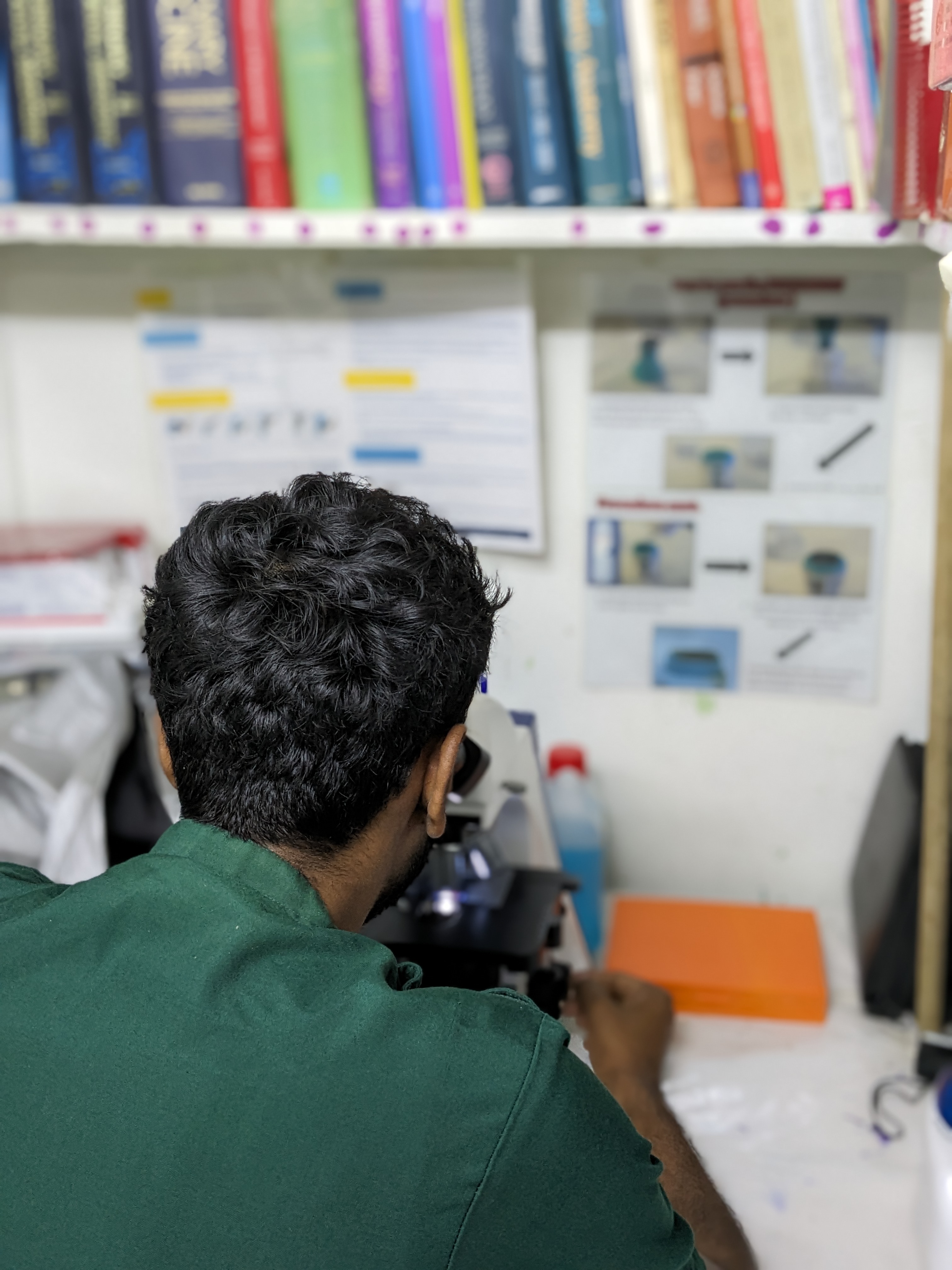Research
Explore how Animals Fiji contributes to global research efforts aimed at understanding and improving the lives of animals.
Animals Fiji's Research initiatives focus on fostering Pacific knowledges to improve the lives of animals in Fiji and beyond. We collaborate with researchers, universities, and institutions to conduct studies that gather insights to drive positive change for animals.
Through research, we aim to find innovative solutions to challenges in animal welfare and advocate for evidence-based practices that benefit animals and communities alike.
Current Research Animals Fiji is leading:
- BPM Community Survey on Dog Population Management Programs
- Tavakubu Dog Population Management Study
- Savusavu Dog Population Management Study
Research Animals Fiji has been involved in:
Companion Animals Helath & Vector-Borne Disease
- Humphreys, W. (2016). Investigating the prevalence of Canine Heartworm ( Dirofilaria immitis ) and 3 other Vector Borne Diseases on Viti Levu , Fiji.
-
Atkinson, P. J., Quimby, C., Datt, A., Nielsen, T. D., & Caraguel, C. G. B. (submitted). Diagnostic accuracy of point-of-care tests to rule-in heartworm infection in clinically suspected dogs using Bayesian latent class modelling.
Working Animal Welfare
Dog Genetics & Pacific Population Insights
Veterinary Capacity & Field Work

Veterinary Research from Fiji:
Veterinary behaviors & Antimicrobial Resistance (AMR)
Wildlife & Zoonoses
- McCutchan, J. L., Knox, M. A., Naikatini, A., Hayman, D. T. S., & Gartrell, B. D. (2023). Molecular Evidence of Leptospira spp. in Isolated Fijian Bats. Journal of wildlife diseases, 59(1), 202–206. https://doi.org/10.7589/JWD-D-22-00038
- Hayton, P. J., Whittington, R. J., Wakelin, C., Colville, P., Reid, A., Borja, L., & Toribio, J. A. (2019). Mongoose (Herpestes auropunctatus) May Not Be Reservoir Hosts for Mycobacterium bovis in Fiji Despite High Population Density and Direct Contact with Cattle. Veterinary sciences, 6(4), 85. https://doi.org/10.3390/vetsci6040085
- Derraik, J. G. B., Slaney, D., et al. (2012). Leptospira contamination in Fijian rodents: A reservoir study in urban and peri-urban settlements. Pacific Health Dialog.
Livestock - Bovine Tuberculosis (TB)
- Garcia, A. A., Borja, E., Reid, A., Samy, V., Singh, S., Whittington, R. J., & Toribio, J. L. M. L. (2022). Bovine tuberculosis control in Fiji: Retrospective study findings for 2015 to 2020. Frontiers in veterinary science, 9, 972120. https://doi.org/10.3389/fvets.2022.972120
- Borja, E., Borja, L. F., Prasad, R., Tunabuna, T., & Toribio, J. L. M. L. (2018). A Retrospective Study on Bovine Tuberculosis in Cattle on Fiji: Study Findings and Stakeholder Responses. Frontiers in veterinary science, 5, 270. https://doi.org/10.3389/fvets.2018.00270
Livestock - Poultry & Production Systems
One Health / leptospirosis
- Lau, C. L., Watson, C. H., Lowry, J. H., David, M. C., Craig, S. B., Wynwood, S. J., Kama, M., & Nilles, E. J. (2016). Human Leptospirosis Infection in Fiji: An Eco-epidemiological Approach to Identifying Risk Factors and Environmental Drivers for Transmission. PLoS neglected tropical diseases, 10(1), e0004405. https://doi.org/10.1371/journal.pntd.0004405
- Collings, D. F. (1984). Leptospira interrogans infection in domestic and wild animals in Fiji. New Zealand Veterinary Journal, 32(9), 133–136.